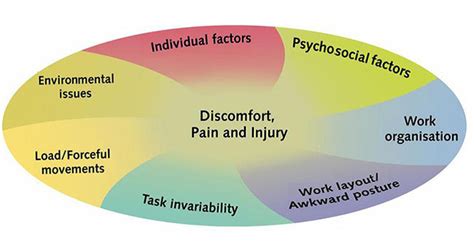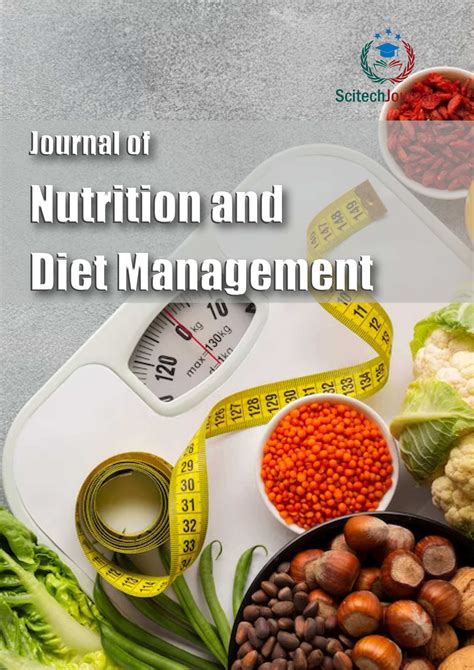Intro
Discover 7 essential tips for a smooth hysterectomy recovery, including post-op care, pain management, and emotional support, to ensure a speedy and healthy healing process after surgery.
Recovering from a hysterectomy, a surgical procedure to remove a woman's uterus, can be a challenging and emotional experience. The road to recovery is unique for each individual, and understanding what to expect and how to manage the healing process is crucial for a smooth and successful recovery. As women navigate this journey, they often seek guidance on how to minimize discomfort, manage their emotions, and regain their physical strength. In this article, we will delve into the essential tips and strategies for hysterectomy recovery, aiming to empower women with the knowledge they need to take control of their healing process.
The importance of proper recovery cannot be overstated. A well-managed recovery period can significantly reduce the risk of complications, alleviate symptoms of discomfort and pain, and expedite the return to normal activities. Moreover, understanding the emotional and psychological aspects of recovery is vital, as it can have a profound impact on a woman's overall well-being and quality of life. By focusing on both the physical and emotional aspects of recovery, women can navigate this significant life event with greater ease and confidence.
As we explore the world of hysterectomy recovery, it becomes clear that preparation and knowledge are key. Women who are informed about what to expect and how to manage their recovery tend to have better outcomes and fewer complications. This knowledge empowers them to make informed decisions about their care, communicate effectively with their healthcare providers, and adopt healthy habits that support their recovery. Whether it's managing pain, dealing with emotional changes, or returning to physical activity, having the right strategies and support can make all the difference.
Understanding Hysterectomy Recovery

Understanding the basics of hysterectomy recovery is the first step towards a successful healing process. This includes knowing what to expect immediately after surgery, the typical duration of the recovery period, and the signs of complications that require immediate medical attention. Women should also be aware of the different types of hysterectomies, as the method used (abdominal, vaginal, or laparoscopic) can influence the recovery process. By grasping these fundamental aspects, women can better prepare themselves for the journey ahead.
Physical Recovery
Physical recovery from a hysterectomy involves managing pain, dealing with physical limitations, and gradually returning to normal activities. It's essential to follow the healthcare provider's instructions regarding rest, medication, and physical therapy. Women should also be mindful of their diet, focusing on nutrient-rich foods that support healing and overall health. Additionally, staying hydrated is crucial, as it helps prevent constipation and supports the healing process.Managing Pain and Discomfort

Managing pain and discomfort is a critical aspect of hysterectomy recovery. This can be achieved through a combination of medication, rest, and alternative therapies such as heat or cold packs. It's vital to communicate openly with healthcare providers about the level of pain experienced, as this ensures that the most effective pain management strategy is employed. Furthermore, understanding the importance of rest and avoiding strenuous activities can help prevent complications and promote healing.
Emotional and Psychological Aspects
The emotional and psychological impacts of a hysterectomy should not be underestimated. Women may experience a range of emotions, from relief and gratitude to sadness, anxiety, and depression. It's essential to acknowledge these feelings and seek support when needed. This can come in the form of counseling, support groups, or simply talking to loved ones about the emotional journey. Recognizing that these feelings are normal and valid can help women navigate this challenging aspect of recovery with greater ease.Nutrition and Diet

A well-balanced diet plays a significant role in the recovery process. Focus on consuming foods that are rich in vitamins, minerals, and fiber, as these support healing, boost energy levels, and prevent constipation. Foods high in omega-3 fatty acids, such as salmon, can help reduce inflammation, while foods rich in vitamin C, like citrus fruits, support the immune system. Additionally, avoiding heavy, spicy, or fatty foods that can irritate the stomach and slow down digestion is advisable.
Returning to Physical Activity
Returning to physical activity is an essential part of the recovery process. It's crucial to follow the healthcare provider's guidance on when to resume exercise and what types of activities are safe. Gentle exercises like walking can help prevent blood clots, improve mood, and maintain physical strength. As recovery progresses, women can gradually introduce more strenuous activities into their routine, always listening to their body and not pushing beyond what feels comfortable.Support Systems

Having a strong support system in place is vital for recovery. This can include family members, friends, support groups, or professional counseling. Sharing experiences and feelings with others who have gone through similar situations can provide comfort, reassurance, and valuable insights. Additionally, practical support, such as help with household chores or meal preparation, can significantly reduce stress and allow women to focus on their recovery.
Follow-Up Care
Follow-up care is a critical component of the recovery process. Regular check-ups with healthcare providers allow for the monitoring of healing, the management of any complications, and the adjustment of recovery plans as needed. It's also an opportunity for women to ask questions, express concerns, and receive reassurance about their progress. By staying engaged with their healthcare team, women can ensure they receive the best possible care and support throughout their recovery journey.Conclusion and Next Steps

As women navigate the journey of hysterectomy recovery, it's essential to remain informed, supported, and proactive. By understanding the physical and emotional aspects of recovery, adopting healthy habits, and leveraging support systems, women can empower themselves to heal and thrive. Whether it's seeking medical advice, connecting with support groups, or simply taking the time to focus on personal well-being, every step towards recovery is a step towards regaining strength, confidence, and quality of life.
Final Thoughts
In the end, recovery from a hysterectomy is a unique and personal experience for each woman. It's a journey that requires patience, resilience, and the right support. By embracing this journey with an open mind, a positive attitude, and the right strategies, women can navigate the challenges of recovery and emerge stronger, wiser, and more vibrant than ever. Remember, recovery is not just about healing the body; it's also about nurturing the mind and spirit.What are the most common symptoms after a hysterectomy?
+Pain, fatigue, and vaginal discharge are among the most common symptoms experienced after a hysterectomy. The severity and duration of these symptoms can vary from woman to woman.
How long does it take to recover from a hysterectomy?
+The recovery time can vary depending on the type of hysterectomy and individual factors. Generally, it can take several weeks to a few months to fully recover. It's essential to follow the healthcare provider's instructions for a smooth recovery.
Can I still experience menopause symptoms after a hysterectomy?
+Yes, even after a hysterectomy, women can still experience menopause symptoms such as hot flashes and mood changes, especially if the ovaries were removed during the surgery. Hormone replacement therapy (HRT) may be recommended to manage these symptoms.
We invite you to share your thoughts, experiences, and questions about hysterectomy recovery in the comments below. Your insights can provide valuable support and information to others navigating this journey. Additionally, consider sharing this article with anyone who might benefit from this comprehensive guide to hysterectomy recovery. Together, we can foster a community of support, understanding, and empowerment for women everywhere.
